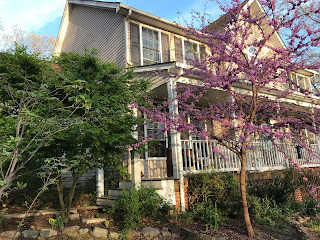Republicans and Democrats are decrying the inhumanity of the budget proposed by the current administration as Draconian because pet projects, redistribution of wealth from those who work to those who don’t work would be curtailed, and the increase of so called “entitlements” would be slowed.
The definition of “entitlement” is the “belief that one is deserving of or entitled to certain privileges”. Please understand that the ONLY things that American CITIZENS are entitled to are the rights specified by the Constitution. Nobody is entitled to health care, a university education, food stamps, a job, a “safe space”, a world free of controversy, free lunch, a car, a cell phone, a house, designer clothes, soda, Cheetos, alcohol, cigarettes, welfare, the Internet, a good grade, a raise, insurance of any kind, television, a computer, payments by the government for not working, disability payments, a living wage, Medicaid, subsidized housing, a drivers’ license, cable, free passage across national borders, heat, credit, respect, or a job.
It is unconscionable to expect taxpayers to continue to subsidize unprofitable enterprises or subsidies to operations that cannot survive independently. Businesses divest themselves of divisions that are not profitable. If farmers cannot make a go of operations without subsidies, so be it. It Medicaid cannot support free healthcare for persons of a certain state that the state cannot fund, it is not to the wealthier state or citizen to fund that.
Everyday I see people with physical challenges working at companies such as Costco or Walmart, contributing to their own welfare and society. Those are the people I am willing to help. God and most Americans would gladly help those who help themselves. But we are a people of “pull yourself up by your bootstraps” citizens that, for the most part, believe that people should fend for themselves. Too many people use the excuse of disability to avoid work because they don’t want to work for minimum wage. People of my generation and those that came before were taught that no work is dishonorable. Sacrifice was lauded. Making do the norm. People worked extra jobs to make ends meet. Society did not OWE anybody anything they did not earn.
Progressives preach that every human is “entitled” to basic human needs.In an idealistic society, that would be true. But we do not exist in Utopia. If society is meant to meet the needs of the most vulnerable, then society will fill the void that government does not fill.
Our republican government was not established with the expectation that the employed, motivated, educated, world focused citizenry would pay taxes to subsidize lazy, undereducated, uneducated, unmotivated, undocumented, unintelligent, disabled, unemployed, underemployed, narrow minded, underemployed, entitlement minded people. The fact that politicians of both major political parties care far more about retaining their seats in Congress than governing with an eye towards fiscal responsibility, national security, common sense, and pragmatism means the system is broken and likely cannot be rehabilitated.
It is my greatest hope that the United States of America does not go the way of the Roman or British empires and trickle into obscurity as an abject lesson in failed governance.







